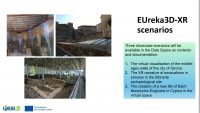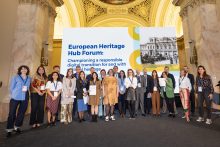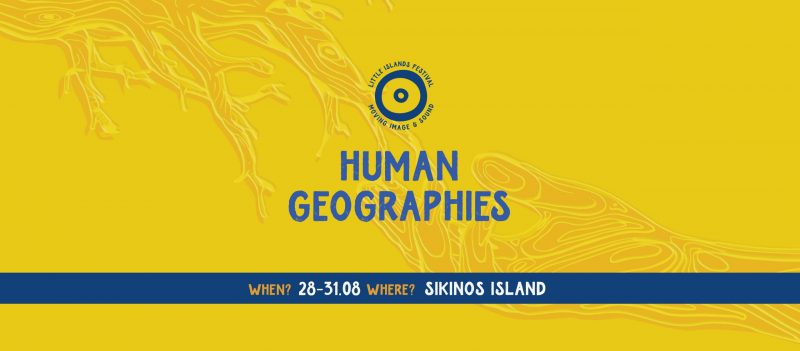 For yet another year, Little Islands Festival renews its August appointment with the public in an original and multi-thematic cultural four-day event that will take place in Sikinos from 28 to 31 August.
For yet another year, Little Islands Festival renews its August appointment with the public in an original and multi-thematic cultural four-day event that will take place in Sikinos from 28 to 31 August.
In a traditional rural setting that seems unchanged in time, the 5th edition under the title “Human Geographies” is a journey of exploring the profound and reciprocal relationship between man and nature, where the legacies of the past intersect with the rural-urban and local-global interdependencies of today.
Starting from the Cycladic landscape of Sikinos, every part of the island becomes a space for creation, discovery and knowledge in a unique and interactive cultural experience.
Site-specific research processes, hybrid tours, outdoor film screenings focusing on the environment and climate challenges, live audiovisual performances, installations, VR projects, happenings, live music & DJ sets compose a multitude of actions open to the public that invite artists, residents and visitors to become fellow travelers.
Higher academic institutions in Greece are also giving dynamic participation in the festival with project teams from the University of Western Macedonia and the Aristotle University of Thessaloniki developing on-site projects in interaction with the monument of Episkopi and exploring aspects of the biotic interactions between humans, history and the environment.
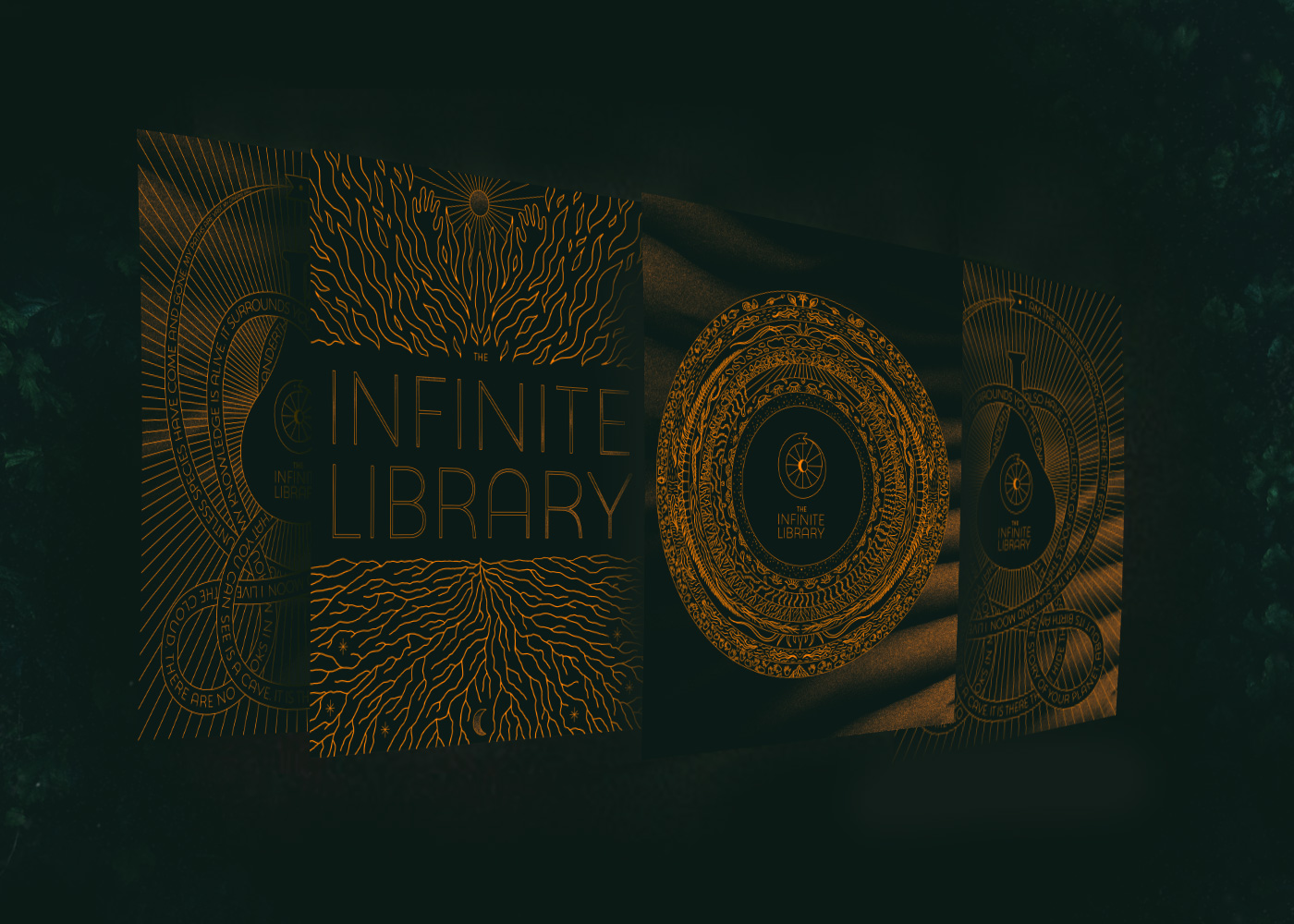
The-Infinite-Library, cpourtesy of Little Island Festival
A hint of the artistic programme of the 5th Little islands Festival.
Exploratory Artistic Processes – In Search of Neiko
Project Team
George Katsaggelos: Professor of Aristotle University of Thessaloniki, Director of New Media Labs.
Yannis Ziogas: Dean – Professor, University of Western Macedonia, TEET Florina.
George Drossos: Professor, Aristotle University of Thessaloniki, School of Fine Arts, Department of Visual and Applied Arts.
Support & Research Team: 8 Students
Focusing on the Episkopi of Sikinos as a symbol of the island’s identity, the project team of the University of Western Macedonia and the Aristotle University of Thessaloniki present a series of sub-projects in the framework of the research project “Seeking Neiko”. Emphasizing gender aspects of the relationship with the natural and man-made environment, the project aims to revitalize the cultural heritage composing a special palimpsest through the conjunction of the past with the present.
Yannis Ziogas with his work “A Neiko for Sikinos” invites visitors and artists to participate in a walking retrospective of the paradoxical conditions of Neiko’s burial but also of the role of women. The dialogue is dynamically extended through the projection mapping work “Fireburnt cities” by Giorgos Drossos and the projection of the photographic documentary “Women of the World” by Giorgos Katsaggelos. Impressions, conclusions through the new technologies of artificial intelligence, augmented reality and QR code will be presented by 8 students of AUTH and UWM during the festival.
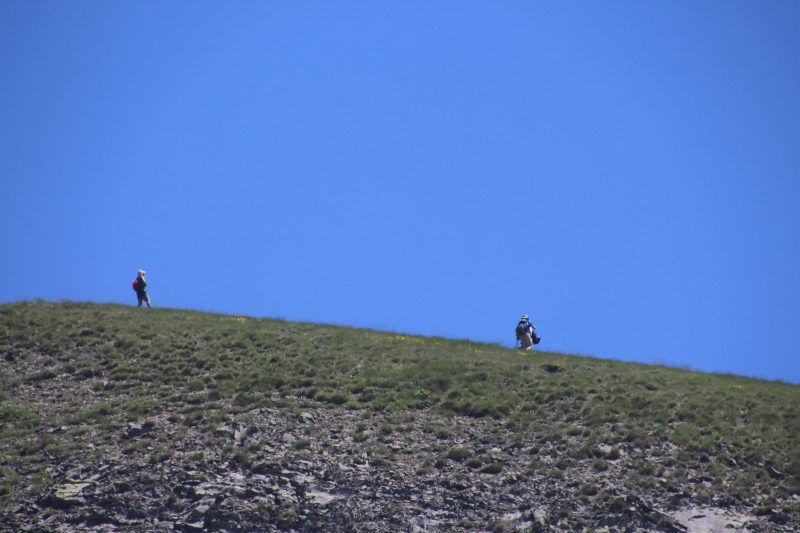
Seeking Neiko University of Western Macedonia. Aristotle University of Thessaloniki, courtesy of Little Islands Festival
Audiovisual Performance + VR Experience
On the borders of installation and performance, “On Connection” by Valentina Berthelon and Flora Päär (Italy/ Mexico/ Germany) explores and revitalizes myths, symbols and rituals through sounds, virtual reality, visual effects and digital narratives. Creating a sacred spacetime, the audience is invited through waiting, silence and observation into an immersive journey of exploration and revelation of the network of symbiosis and interaction of the human-nature relationship.
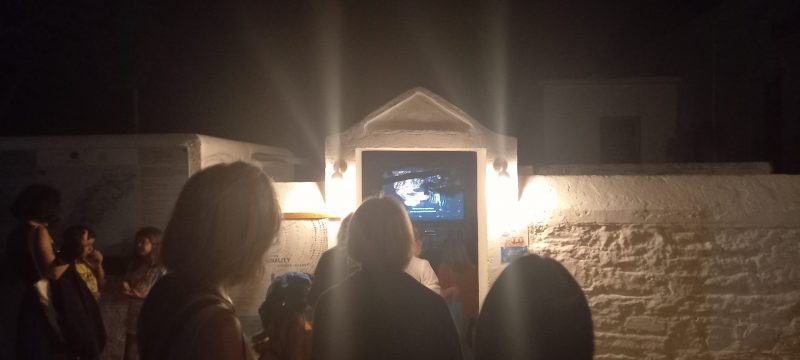
Courtesy of Little Islands Festival
Audiovisual Installations
The installations compose a walking experience that connects technology, the Cycladic landscape and nature. Czech creators Mika Johnson and Ján Tompkins’ immersive VR installation “The Infinite Library” reimagines the future of libraries as interactive spaces that integrate human stories into a larger narrative of the birth of the planet and the evolution of all life forms.
In collaboration with Istorima Archive, a stone-built paraport of the settlement interacts with narratives of people and places on social and environmental issues, turning the art of Podcast into an outdoor audio experience. Memory and matter come to life through oral history and place the listener at the center of a spatio-temporal wander through alternative perspectives and experiences on timeless and universal concerns.
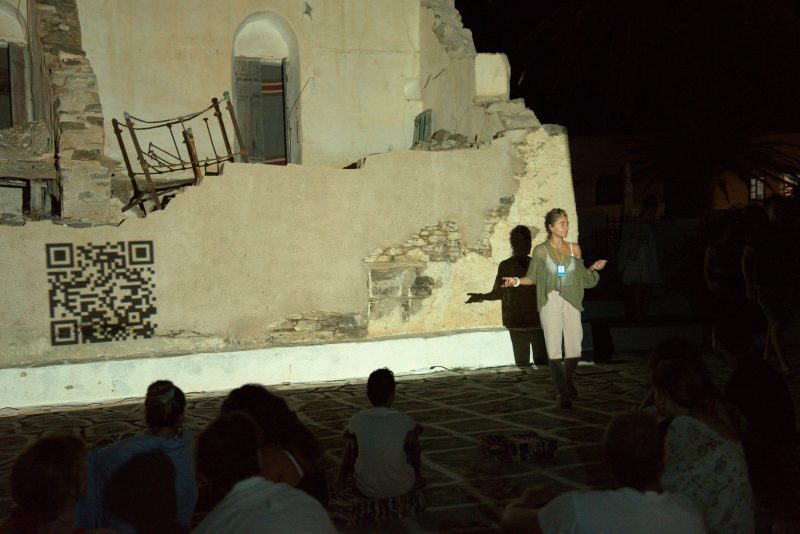
Courtesy of Little Islands Festival
Film Screenings
Filmmaking invests the main programme of the Festival with works by Greek and foreign directors and serves as a means of informing, raising awareness and challenging the public’s perception of social and environmental issues facing modern societies. The cinematic panorama is composed of newly produced films (documentaries, short films, animation) that deal with local environmental issues. The feature documentary “Being an Islander” by Dimitris Bouras will be the closing film of the 5th edition. The programme also includes open talks with the filmmakers.
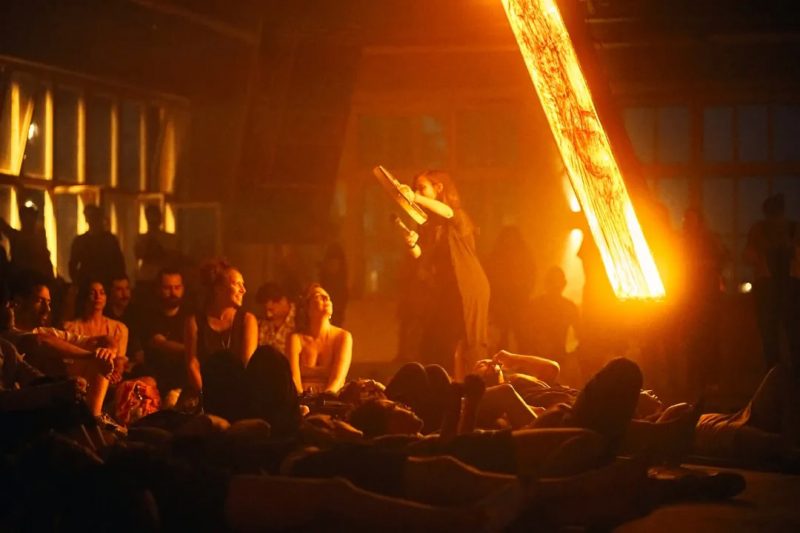
Federika aka Flora Paar On Connection, courtesy of Little Islands Festival
Happenings
Crisis or Croesus. Is there really a crisis or is this all the result of a persistent profit tactic that puts the environment and the well-being of the people on our planet above all else? What can I as an individual and citizen do about this issue practically?
Angeliki Pardalidou in direct interaction with the audience invites us to visualize and decide what would be the ideal situation on the issue. What kind of world we really want to live in, if everything could be magically changed the way we would like it to be.
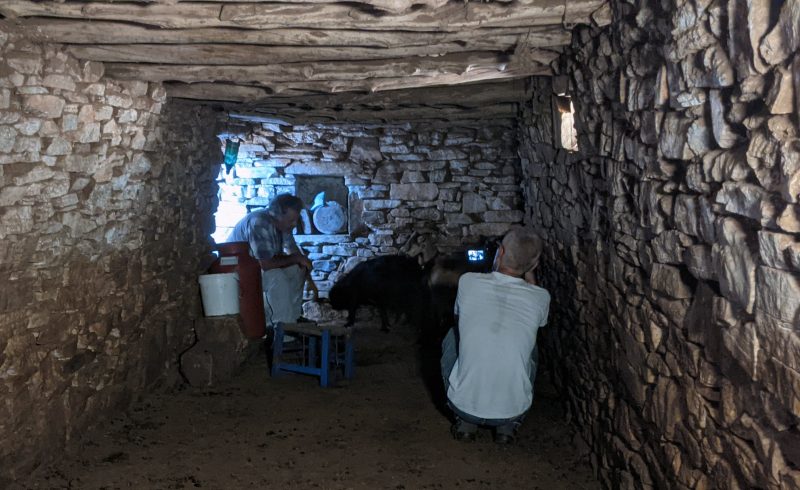
Dimitrios Bouras Being an Islander, courtesy of Little Island Festival
Alternative Tours
Project ESC: Explore, Scan, Connect is an innovative way of touring created by the artistic duo Aristotle George Zogas and Donatella Nika (DnA), as part of the LIF Residency 2022 artistic residency and research program. Start a walk across the island, take the traditional path from the old Primary School to Alopronia, explore the country passing through the windmills to the Monastery of Zoodochos Pigi and back to Episkopi, map your route, scan the QR codes, put on your headphones and follow the dozens of narratives that await you.
Live Music & DJ sets
Sound Surfaces, Fabio Luis Amaral / Duat, Brazil, Greece 2023. Live electroniques sounds produced by the natural environment, rhythmic progressive patterns, analogue and digital compositions in an in situ listening and interaction with the perpetual ritual of nature… the sun setting…
Simun. George Daris, Athanasios Polyzos, Angelos Angelou, Greece 2023.
Simun is a partnership of diverse musical personalities with each one of them bringing their own experience. As the burning rushing wind (Simun) carries huge amounts of sand from Africa and the Arabian Peninsula to Europe, Simun carries with it their own style, melodies and songs from the East, Smyrna, the Balkans and the Greek tradition.
Admission to all screenings and events is free of charge.
More information about the detailed programme of LIF 2023 and this year’s theme “Human Geographies” will be announced at https://littleislandsfest.com/
#LIF23 #greekfestival #HumanGeographies #Sikinos #Cyclades
FACEBOOK Facebook
INSTAGRAM Instagram
Strategic operator of the Little Islands Festival: Creative Islands & New Media
Co-organized by: Region of South Aegean and the Municipality of Sikinos
Under the auspices and with the support of: Ministry of Culture and Sports
Under the auspices of: Ministry of Tourism, Greek National Tourism Organisation
With the support of: Austrian Embassy in Athens,Czech Centre Athens, Embassy of Israel in Athens.
Strategic Partners: European Festivals Association
Creative Partners: Aristotle University of Thessaloniki and the University of Western Macedonia.
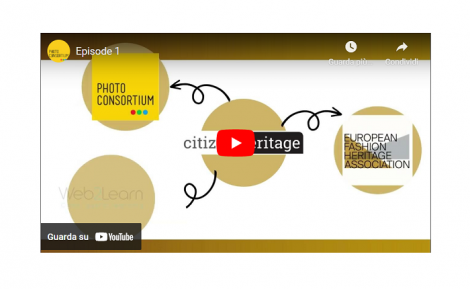


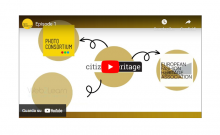
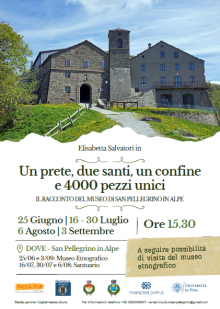
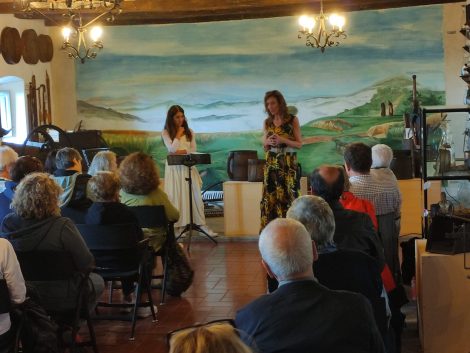
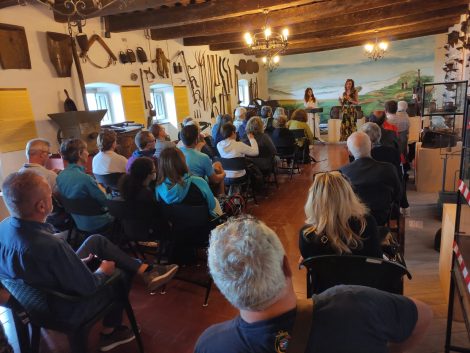
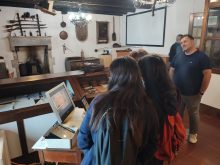
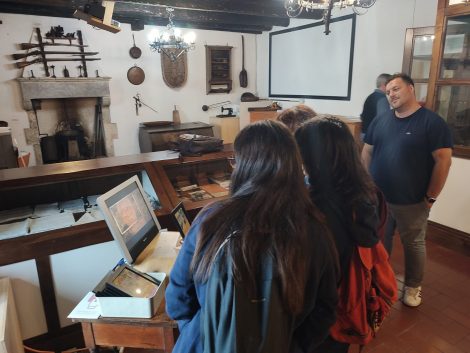
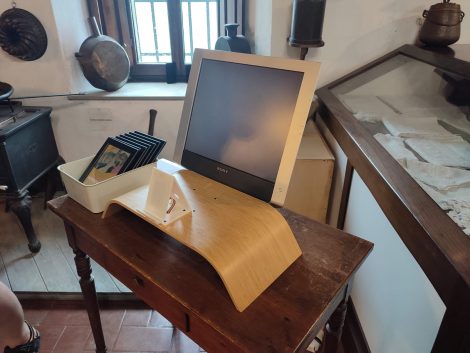
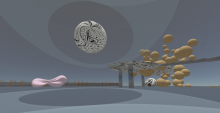
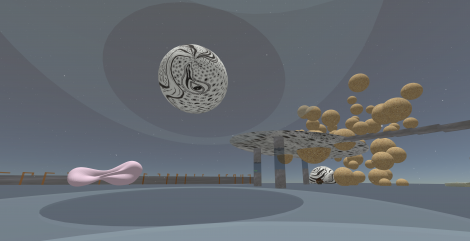





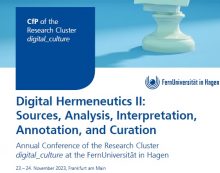
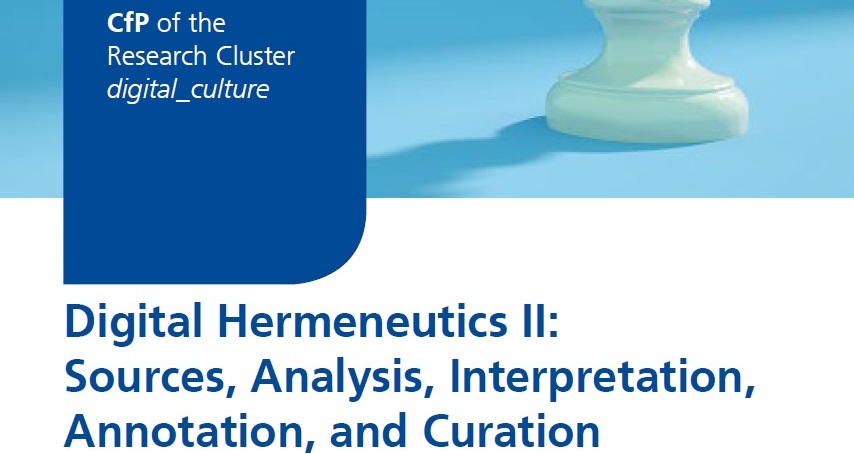
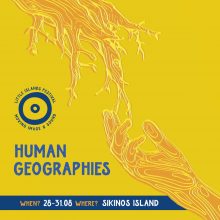
 For yet another year, Little Islands Festival renews its August appointment with the public in an original and multi-thematic cultural four-day event that will take place in Sikinos from 28 to 31 August.
For yet another year, Little Islands Festival renews its August appointment with the public in an original and multi-thematic cultural four-day event that will take place in Sikinos from 28 to 31 August.





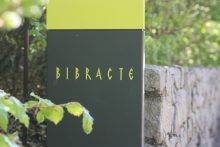
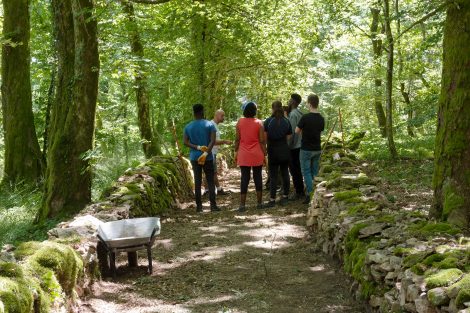
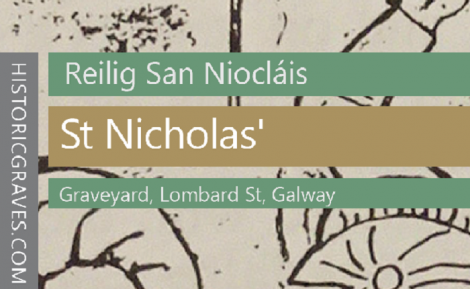
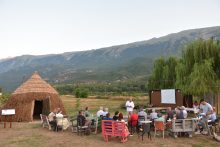
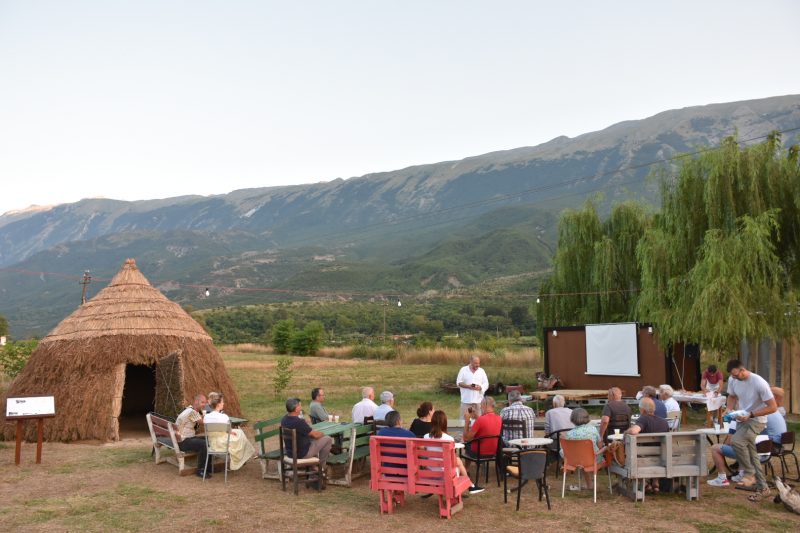














 If you have interesting news and events to point out in the field of digital cultural heritage, we are waiting for your contribution.
If you have interesting news and events to point out in the field of digital cultural heritage, we are waiting for your contribution.





























